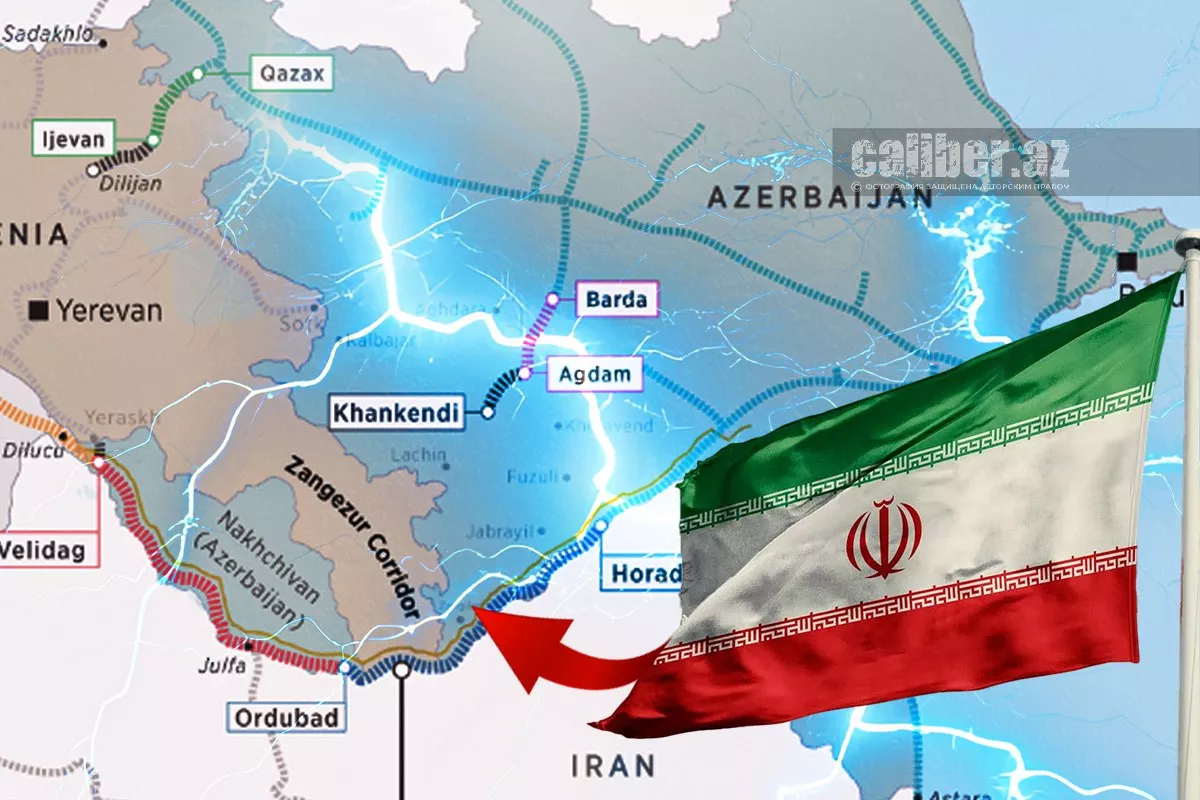Russian deputy obsessed with imaginary dangers from Baku From “Turkic threat” to anti-Iran claims
"There is no stability in the world," says a character in a cult Soviet film. Today, one marvels at the foresight of the filmmakers, who managed to discern the absence of stability in an era that outwardly seemed stable—the late 1970s. Likewise, today we can observe something opposite: in an era of total instability and permanent global turbulence, there exist elements of remarkable constancy. One such “island of stability” in the ocean of chaos is the First Deputy Chair of the Russian State Duma Committee on CIS Affairs, Eurasian Integration, and Relations with Compatriots, Konstantin Zatulin.
His constancy, as is well known, is linked to his fervent Azerbaijanophobia. In a recent interview with Lenta.ru, the deputy expressed his views on Azerbaijani-Russian relations in his usual manner. Below are his words, as reported by the publication:
"Azerbaijan is following its own course. The features of this course include the capture of Nagorno-Karabakh and the rejection of peaceful settlement in 2023. Azerbaijan took advantage of the fact that at that moment Armenia was led by a government that was not particularly nationalistic, and carried out its plans with the support of Türkiye. To achieve this, and to ensure that Russia did not interfere, it had to continue, for the time being, playing the role of a strategic partner," Zatulin noted.
According to the deputy, “Once Baku’s plans were implemented, the need to coordinate anything with Russia disappeared, especially since further pressure on Armenia, the creation of the Zangezur corridor, and the involvement of Americans, Israelis, and others in the region clearly do not fall within the interests of the Russian Federation.”
Listening to Zatulin, one can imagine the Russian leadership as naïve simpletons, supposedly so easy to manipulate in every direction. Baku wanted Moscow to refrain from interfering in the war with Armenia and to allow the restoration of its territorial integrity—and Russia immediately, without hesitation, agreed. What Zatulin chooses to ignore is that Azerbaijan achieved these goals after thirty years of careful and deliberate preparation. Of course, for someone like Zatulin, it is easier to portray one’s own country as naïve than to acknowledge Azerbaijan as a strong and capable state.

We read further: “Moreover, the strategic alliance between Türkiye and Azerbaijan is not just a bilateral partnership, but a pathway into the future to continue the formation of a ‘Greater Turan,’ to penetrate what they consider Turkic Central Asia, and, by the way, those regions of Russia populated by Turkic peoples. This is completely at odds with Russia’s interests and creates threats for it. And since this is now coming to the forefront, the need for camouflage on Azerbaijan’s part has disappeared.”
These words reveal an imperial arrogance. The Central Asian countries are independent states and have the right to determine their own destiny. As for the Turkic-speaking republics within Russia, rather than preemptively accusing Baku and Ankara of encroaching on these regions, it would be far more constructive for the deputy, for example, to promote a programme for developing interethnic solidarity in Russia, so that residents of non-Slavic regions are no longer called “churkas” (a derogatory term used in Russian to demean people from the Caucasus, Central Asia, or other non-Slavic areas) and other offensive epithets.
Having “dealt” with the Turkic issue, Zatulin moves on to Iran. He claimed that Baku is allegedly being used by Washington and Tel Aviv as a foothold against Tehran. The deputy further asserted that this, too, is contrary to Russia’s interests, which had been counting on a North–South corridor through Azerbaijan to Iran.
It is very difficult to make sense of this string of words. A foothold against Iran—for what purpose? During the recent escalation, the US and Israel handled Iran perfectly well (we are not elaborating, merely stating the fact) without any so-called Azerbaijani foothold. Perhaps the deputy means a foothold for some future ground operation? Yet it has been stated countless times by various experts and politicians that the US does not need a ground operation against Iran, especially when air operations can achieve all objectives.
Equally absurd is the notion of a “North–South corridor.” How exactly would the “Trump Route” prevent Russia, Iran, and Azerbaijan from building a North–South corridor?

Meanwhile, Zatulin seems to have firmly set himself the “noble” goal of driving a wedge between Baku and Tehran: “I have a very clear impression that Azerbaijan is ready to participate in certain plots against Iran in order to try to destabilise the Islamic Republic of Iran, where a significant part of the population is Azerbaijani. President Aliyev does not hide this,” the politician said.
Well, impressions won’t satisfy Tehran—you need to provide facts, Konstantin Fyodorovich. And facts, like common sense, are clearly lacking in Zatulin’s account.
However, at the end of the conversation, even such a seemingly unsinkable “island of constancy” as Zatulin, after alarming Russians with the Turkic threat and “tattling” on Azerbaijan to Iran, managed to surprise us with a somewhat unexpectedly conciliatory remark: “If one follows the principle ‘a bad peace is better than a good quarrel,’ I believe we should normalise relations with Azerbaijan. But this does not mean we should delude ourselves about the depth of these relations.”
In Zatulin’s language, this means that even within, pardon the pun, the hawkish wing of Russian power, there exists the idea that escalating confrontation with Azerbaijan is undesirable. Time will tell how accurate this assumption is.








